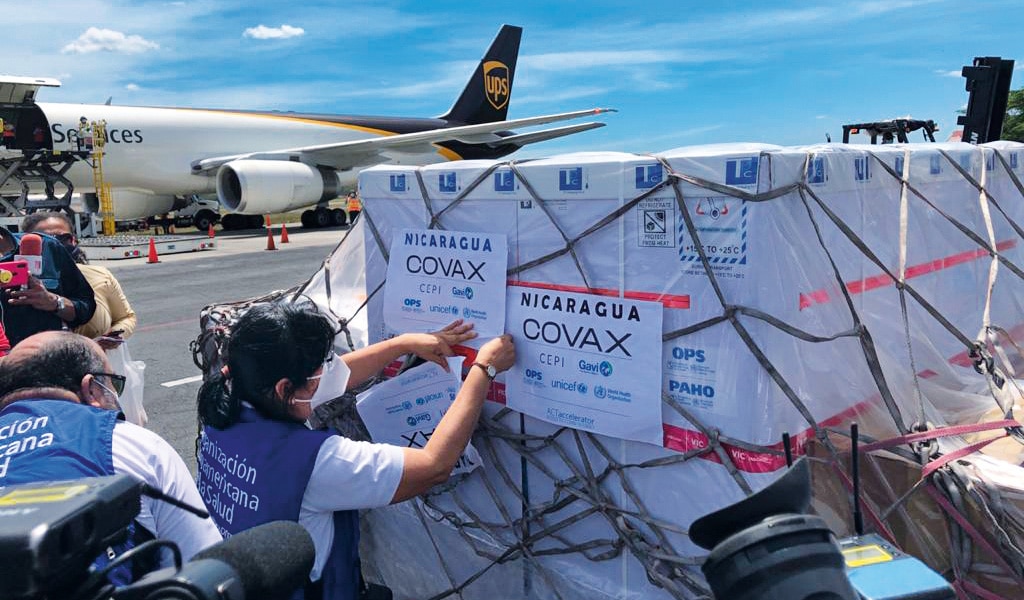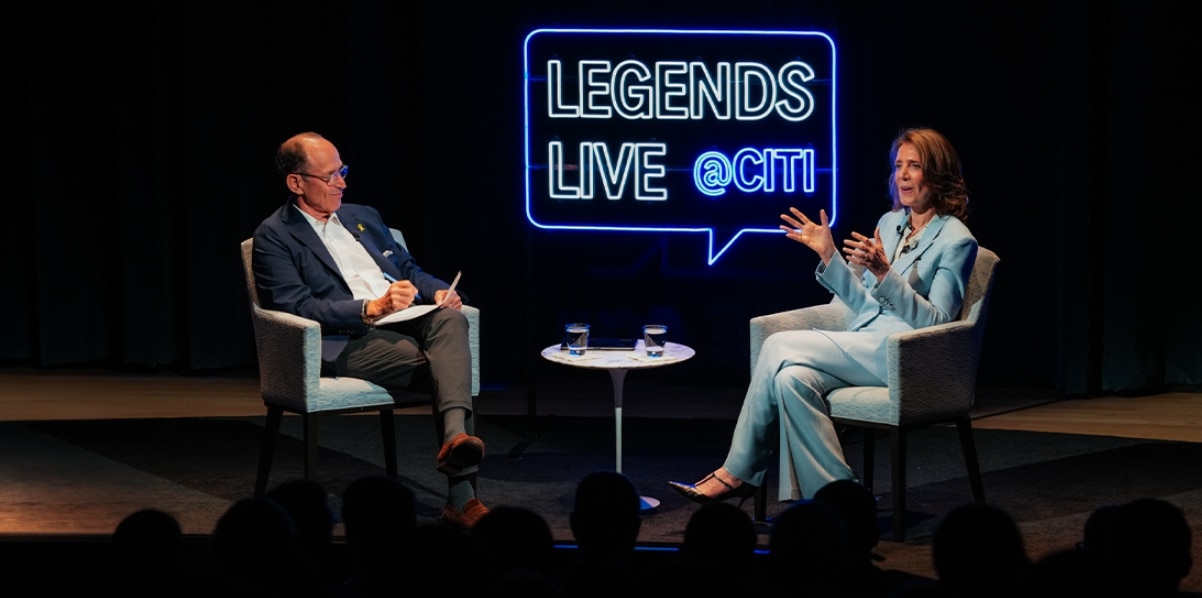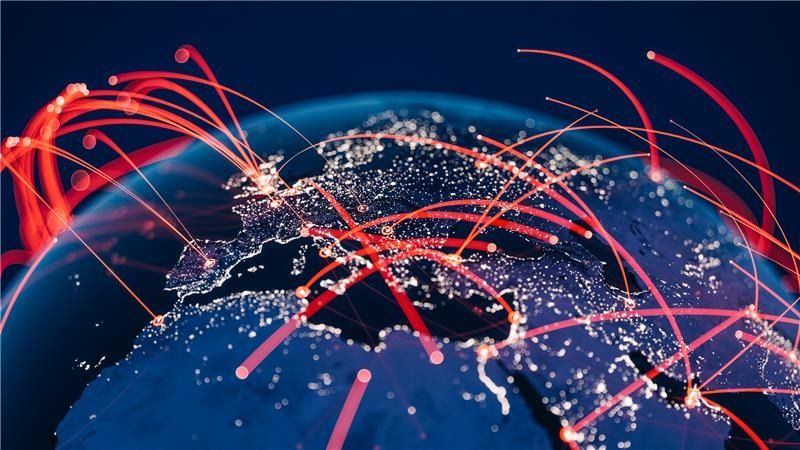
SS Perspectives Template - DO NOT UPDATE
Expanding your product offering often involves entering uncharted territory and it’s helpful to have a guide.
Whether you’re considering a new market or launching a new product, our of series of playbooks provide you with the key information you should consider before starting the journey.

